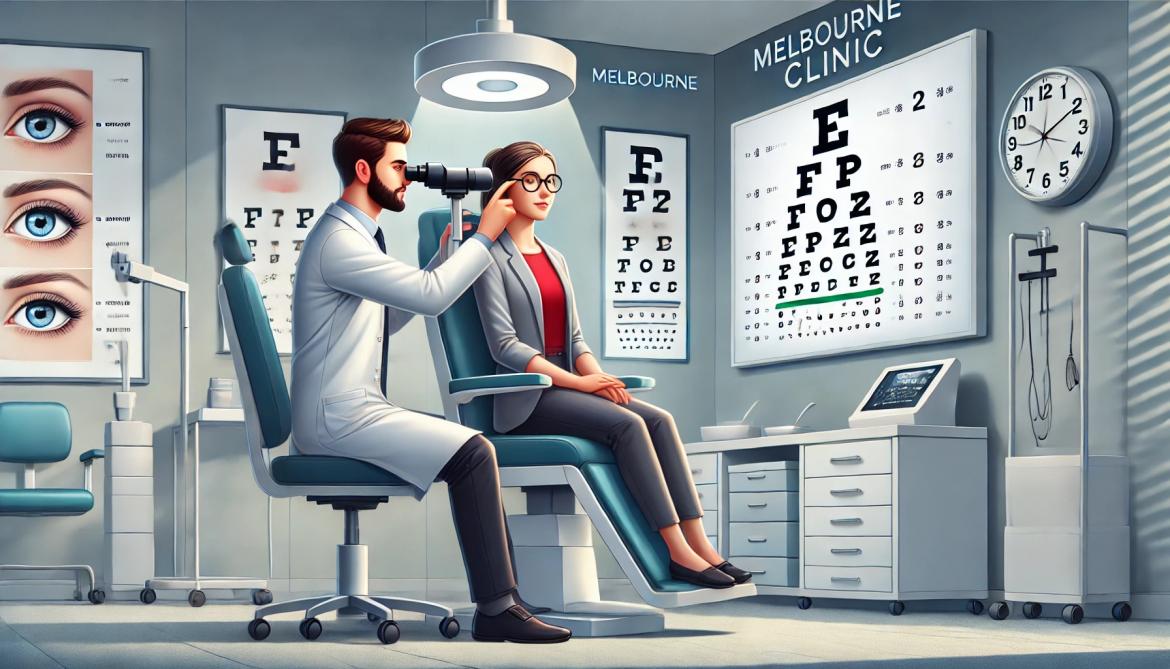Common Signs You Need an Eye Exam

Introduction
Do you often overlook your eye health until something goes wrong? Recognising the signs that you need an eye exam can prevent minor issues from developing into major problems. Let’s explore the common indicators that it’s time to see an ophthalmologist.
-
Blurred or Distorted Vision
-
Overview: Struggling to read signs, books, or screens may indicate refractive errors such as myopia (short-sightedness), hyperopia (long-sightedness), or astigmatism, or diseases of the optic nerve or macula. These conditions can worsen over time if left untreated.
-
What to Do: Regular eye exams can help diagnose these issues early, allowing for corrective measures such as glasses or contact lenses.
Frequent Headaches
-
Overview: Experiencing headaches, especially after prolonged screen use or reading, often stems from uncorrected vision problems or eye strain. In older adults, these symptoms may also indicate presbyopia, a gradual loss of the eyes' ability to focus on close objects.
-
What to Do: An eye examination can determine if you need visual aid adjustments or if other factors like lighting and ergonomics need to be addressed.
Difficulty Seeing at Night
-
Overview: Poor night vision can signal several issues such as the onset of cataracts or retinal disease. These conditions can impact your safety, especially when driving.
-
What to Do: It’s crucial to address night vision problems promptly to manage or treat underlying conditions effectively.
Persistent Redness or Irritation
-
Overview: Chronic redness might be due to conditions like dry eye syndrome, allergies, or even infections such as conjunctivitis. Ignoring these symptoms can lead to ongoing discomfort and conditions affecting the ocular surface.
-
What to Do: Seeking early treatment can alleviate discomfort and prevent further damage or spread of infection.
Sensitivity to Light
-
Overview: Photophobia, or sensitivity to light, could indicate underlying issues such as inflammation, migraines, or corneal abrasions.
-
What to Do: Persistent light sensitivity is a sign to consult an ophthalmologist, as it can be symptomatic of more severe conditions.
Family History of Eye Conditions
-
Overview: A family history of eye diseases like glaucoma, macular degeneration, or retinal diseases significantly increases your risk. Genetic predispositions make regular eye exams a crucial preventive measure.
-
What to Do: Discussing your family history with an ophthalmologist can help tailor a screening schedule that may catch potential issues early.
Conclusion
Don’t wait for your symptoms to worsen. Proactive eye care can save your vision and improve your quality of life. If you notice any of the above signs, schedule an eye exam with a trusted Melbourne ophthalmologist today.